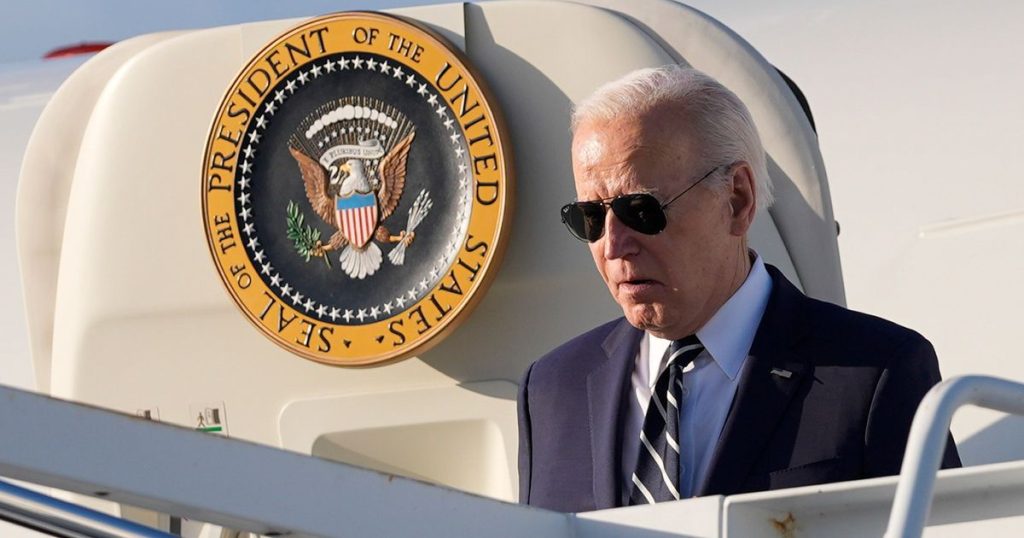The United States played a significant role in assisting Israel in shooting down drones and missiles launched by Iran in what was the first direct military attack on Israel by Iran. U.S. officials stated that the interception rate was high, with 99% of inbound weapons being shot down without causing significant damage. President Joe Biden expressed to Israeli Prime Minister Benjamin Netanyahu that the U.S. would not participate in offensive action against Iran and urged caution to prevent an uncontrollable escalation of hostilities in the Middle East. The U.S. had been preparing for such an attack but the number and scale of launches exceeded expectations.
During the attack, at least 100 ballistic missiles from Iran were in the air simultaneously, with the U.S. monitoring the situation in real time from the White House Situation Room. The U.S. military shot down over 70 drones and cruise missiles and deployed destroyers and missile defense systems to support Israel’s defense. The successful interception efforts were a relief to officials. Despite ongoing differences over the conflict in Gaza, the U.S. administration reiterated its commitment to Israel’s defense and stated that it would mount a similar effort again if needed.
President Biden spoke with Netanyahu and Jordan’s King Abdullah II to discuss the situation and urge restraint to prevent a broader regional conflict. The leaders of the G7 countries issued a joint statement condemning Iran’s attack on Israel and expressing full support for Israel’s security. The statement also highlighted concerns about Iran’s destabilizing actions and the risk of further escalation in the region. The G7 leaders discussed potential measures such as listing Iran’s Revolutionary Guard Corps as a terrorist organization and imposing additional sanctions on Tehran.
Efforts were made to end the conflict in Gaza and deliver humanitarian assistance to Palestinians in need. The U.S. reiterated its support for Israel’s defense and announced plans to explore additional measures at the United Nations to hold Iran accountable for its actions. The attack by Iran was seen as retaliation for an earlier suspected Israeli strike on an Iranian consular building in Syria. Some criticism was directed at the White House for allegedly leaking details of Biden’s conversation with Netanyahu about showing restraint in response to the attack.
The U.S. and Israel had been bracing for a potential Iranian attack, and the response involved close coordination between the two countries and their allies. The U.S. military deployed assets to the region to support Israel’s defense and successfully intercepted the majority of incoming threats. The situation highlighted ongoing tensions in the region and the potential for further escalation if not carefully managed. The U.S. and its allies affirmed their commitment to Israel’s security and discussed potential measures to address Iran’s destabilizing actions. Future diplomatic efforts at the United Nations were also planned to hold Iran accountable for its aggression.








